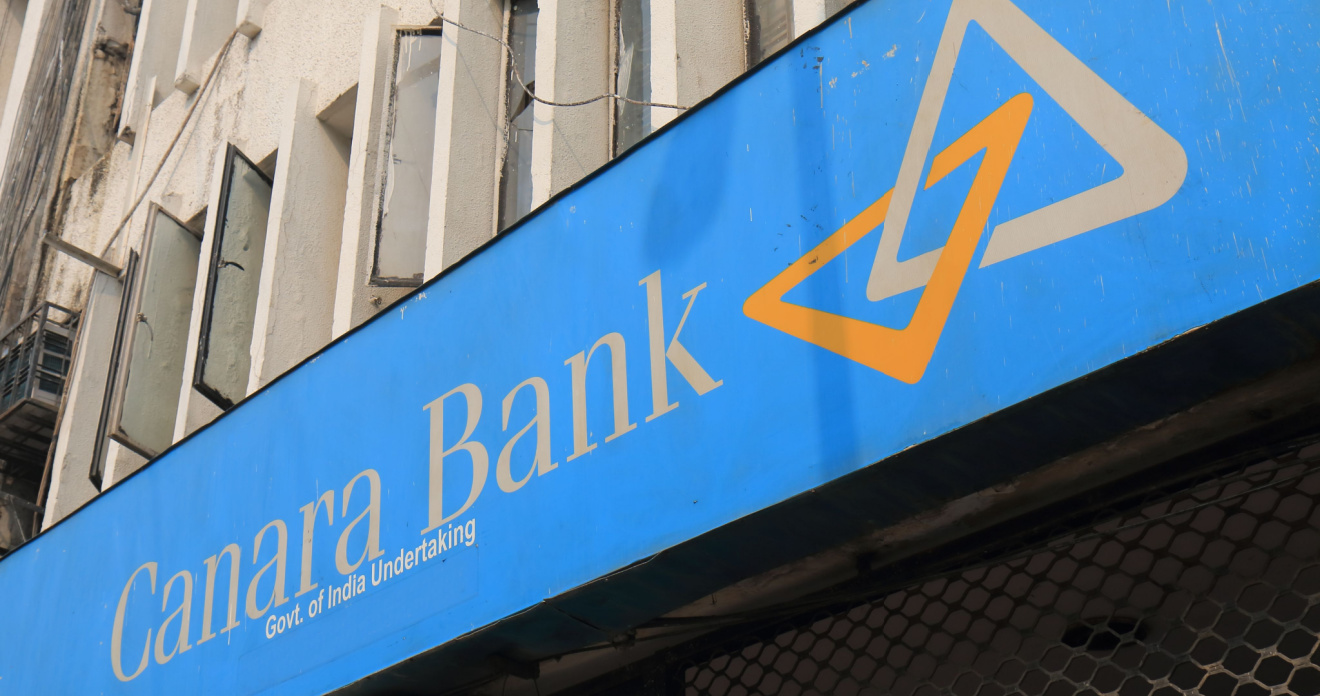England or France? High Court finds for Canara Bank in recent decision concerning an application to contest jurisdiction

The High Court in London has dismissed an application filed by MacCom Supply International (a.k.a. M.C.S. International France S.A.S (MCS France)) seeking to contest the jurisdiction of the English Courts to hear a claim issued by Canara Bank in June last year. RWK Goodman’s Milan Kapadia and Chloe Howes represented Canara Bank in its pursuit to recover a debt due totalling over £1.5 million.
Canara Bank is the third largest nationalised bank in India, with offices located in London, New York, Dubai, Russia and India. MCS France is a company registered in France which, together with its subsidiary in the UK (M.C.S. International), operated an international trading and distribution business with a focus on trade with business in Africa in plastics, cosmetics and food products.
Over time, the UK based borrower, M.C.S. International entered into a number of facility arrangements with Canara Bank, for several million dollars. MCS France guaranteed the debts of its UK subsidiary as a corporate guarantor and as comfort to the bank. The facility arrangements and the guarantee were governed by English Law and therefore, subject to the jurisdiction of the English Courts.
Following the UK subsidiary’s failure to repay the amounts due under the facility arrangements, Canara Bank served formal demand letters for the sums due to it on the borrower and the French guarantor. The default continued and Canara Bank commenced a court claim against both MCS France and its subsidiary in the UK.
The Claim against the UK based borrower concluded with judgment obtained swiftly followed by its winding up. However, the French Guarantor attempted to oppose the claim by contesting the UK court’s jurisdiction to preside over the dispute.
MCS France, through its English solicitors filed an application to contest jurisdiction asserting that it was not a party to the guarantee and on the basis that the guarantee was not enforceable against it because of the way French law treats authority given to Chairmen of companies and how assets and liabilities are transferred when French companies enter into restructuring and sale arrangements.
The guarantor essentially argued that:
- MCS France was not a party to the guarantee. The guarantor was a different company and therefore, no liability has been transferred to it as a result of a merger.
- The person who signed the guarantee, namely the Chairman, did not have the authority when signing the guarantee to enter into an open-ended guarantee;
- Entering into the guarantee was an ultra vires act for the guarantor and therefore, not enforceable against the Corporate Guarantor; and
- Canara Bank is unable to show a good arguable case that its claim against MCS France falls within any of the grounds permitting service out of the UK without permission of the court.
For the above reasons, MCS France sought to argue, unsuccessfully, that Canara Bank’s claim should be struck out.
The issues considered by the court related to the laws surrounding jurisdiction and governing law clauses, which one would often find in any form of UK agreement/ guarantee, but also apparent authority, estoppel, ratification and detailed expert evidence on French law. The Judgment handed down by Mr Nigel Cooper K.C., runs to almost 50 pages in which he carefully considered these points of law and the expert opinions before him.
What can we learn from the judgment?
The Judgment is an important decision for all lenders, borrowers, guarantors and practitioners alike. There were a number of separate issues to be dealt with although they were all clearly interlinked. Although the Judgment handed down by Mr Nigel Cooper K.C., which we suggest is read in full and can be found here, carefully articulated the reasoning behind his decisions, a summary of his decisions in relation to the grounds argued by MCS France is set out below.
(1) MCS France was not a party to the guarantee. The Guarantor was a different company and therefore, no liability was transferred to it.
MCS France sought to argue that its merger/amalgamation with BAOBAB S.A.R.L (another company controlled and essentially owned by the same Chairman) in 2014, and which took place after the guarantee had been executed, meant that the guarantee did not transfer to the new MCS France against whom the claim had been issued.
When considering this ground of MCS France’s application, it was necessary to consider the expert evidence provided by the parties’ French experts and the effect of the wording of the guarantee. MCS France failed to persuade the court that the guarantee was a ‘surety’ under the French Civil Code rather than an ‘autonomous guarantee’ and the particular wording of the guarantee, i.e. that the guarantor would pay any debts as the principal obligor meant that the court found for Canara Bank on this ground.
(2) The person who signed the guarantee, namely Mr Phillipe Maurel, did not have the authority when signing the guarantee to enter into an open-ended guarantee.
MCS France supported this challenge on the basis that the guarantee was given and signed pursuant to a shareholders’ resolution which granted Mr Maurel authority to sign a guarantee “for a period of one year from this day, renewable”. Further MCS France sought to argue that this reference in the shareholders minutes had the effect of incorporating this wording into the guarantee which in turn meant that the guarantee was limited to a term of one year.
In his judgment, Mr Nigel Cooper K.C. considered MCS France’s evidence in relation to the authority for Mr Maurel to sign the guarantee and concluded that Mr Maurel had actual or apparent authority to sign the guarantee. In relation to MCS France’s suggestion that the reference to the minutes in the guarantee had the effect of incorporating the minutes into the wording of the guarantee, Mr Nigel Cooper K.C. expressly declined to accept this suggestion.
(3) Entering into the guarantee was an ultra vires act for the guarantor and therefore, it is not enforceable.
The French law expert instructed by MCS France sought to argue that whilst the guarantee could fall under MCS France’s ‘corporate purpose’ indirectly, in the event it was called upon, it would have disrupted the French company’s’ activity and may have led to insolvency and for this reason, MCS France was not bound by the Guarantee.
In relation to this argument, the Judge considered various factors including a) MCS France’s financial position at the time of signing the guarantee, b) what Canara Bank knew at the time of the signing of the guarantee i.e. did Canara Bank have sufficient knowledge of MCS France’s financial position and, c) the French company’s articles of association and the effect of the said articles. The Judge found favourably for Canara Bank on this ground acknowledging that “the guarantee was a step that was within” MCS France’s corporate purpose, and that there was “no sufficient evidence before me to suggest that the borrowing being guaranteed by [the guarantor] under the guarantee was disproportionate to the company’s assets”.
This case is another reminder of the challenges that banks might experience when pursuing defaulting borrowers and guarantors in cross border business but also the importance of well drafted lending documentation and well-coordinated legal strategy.
For any related enquires please contact Milan Kapadia on [email protected] or Chloe Howes on [email protected].

Contact our Dispute Resolution lawyers:
Our strong team of Dispute Resolution solicitors based in our offices in London, the Thames Valley and South West England are some of the most experienced in their field. We provide specialist legal advice across numerous industry sectors in order to arrive at tailored and pragmatic solutions that best fit our clients’ needs.







